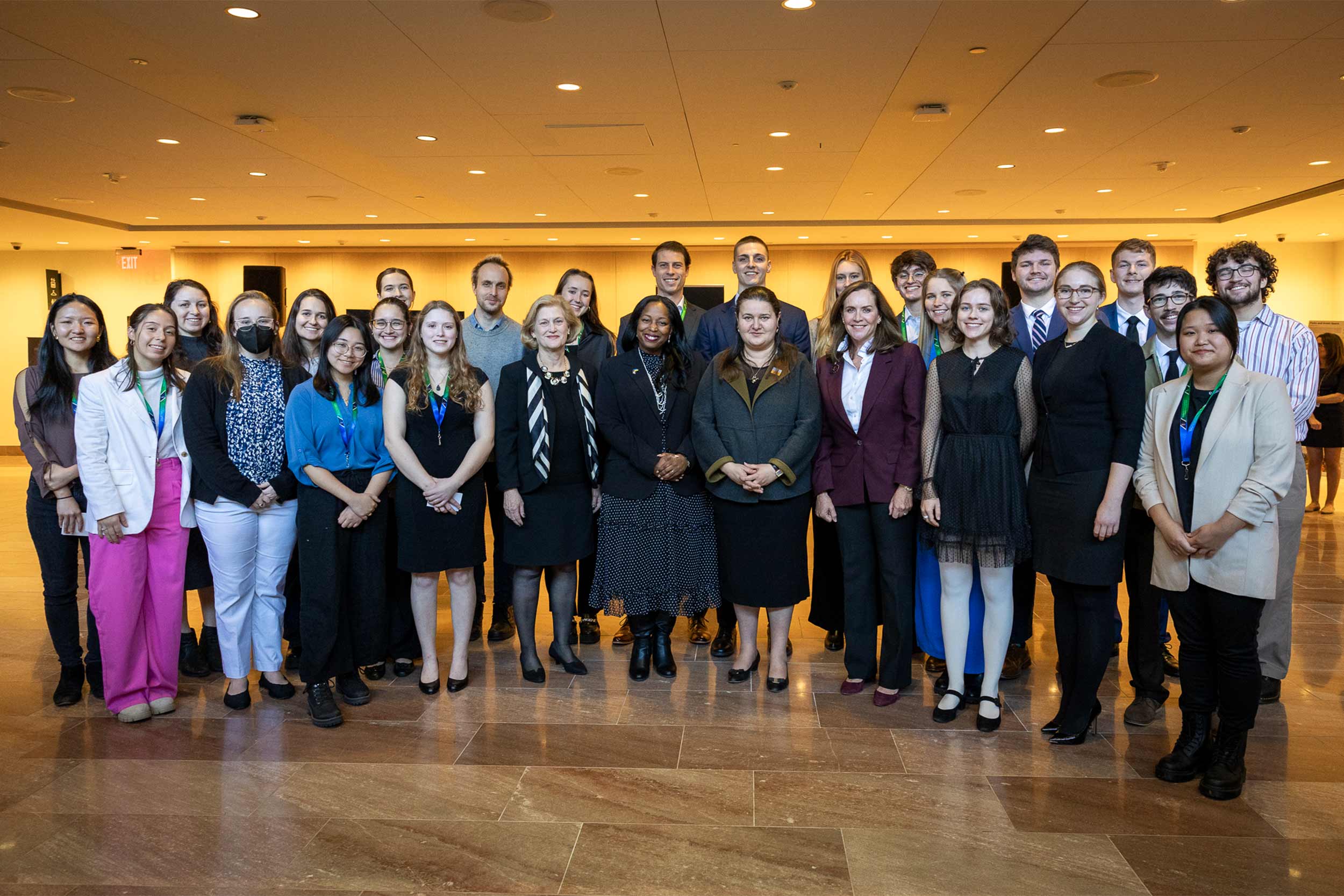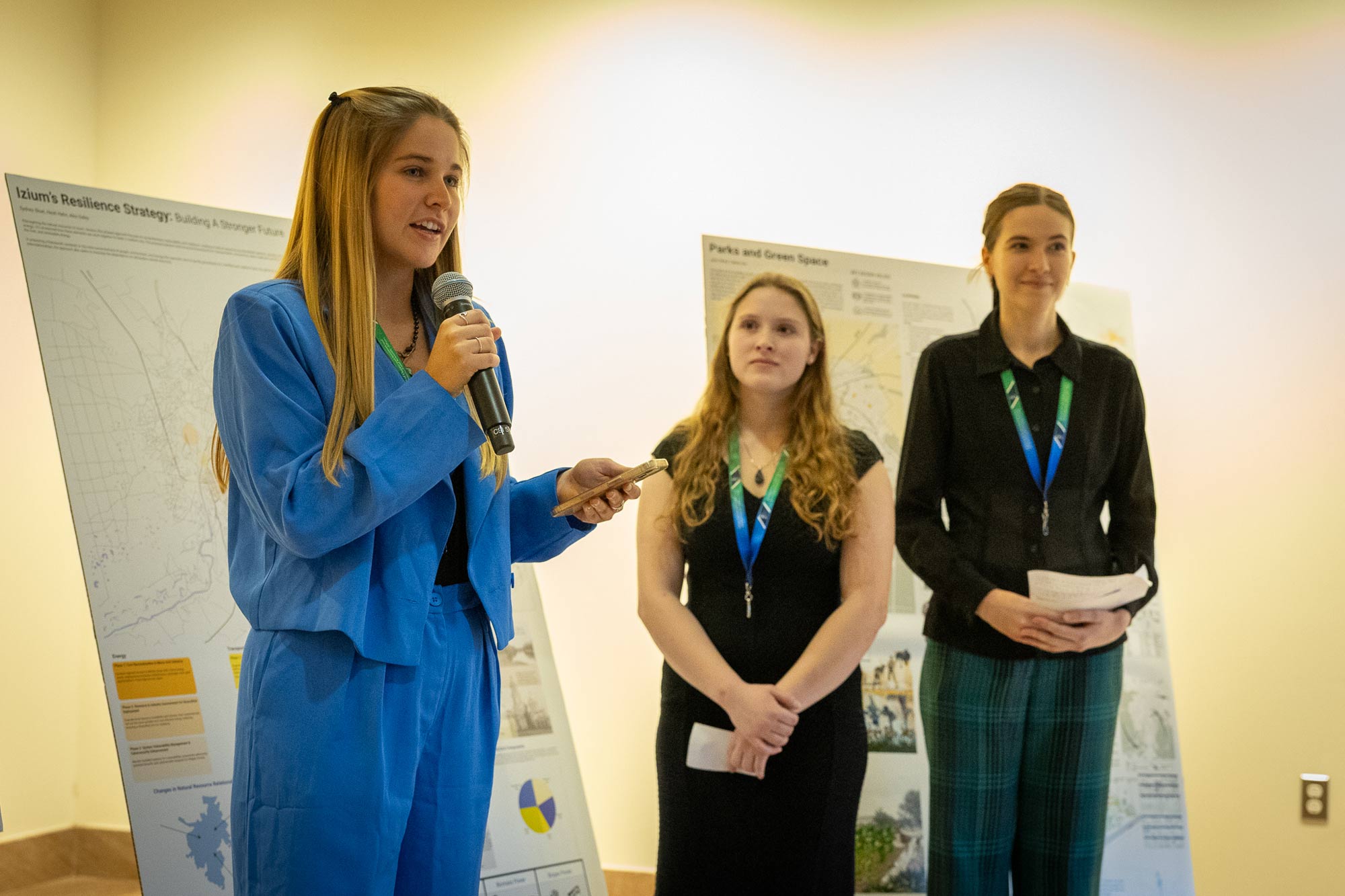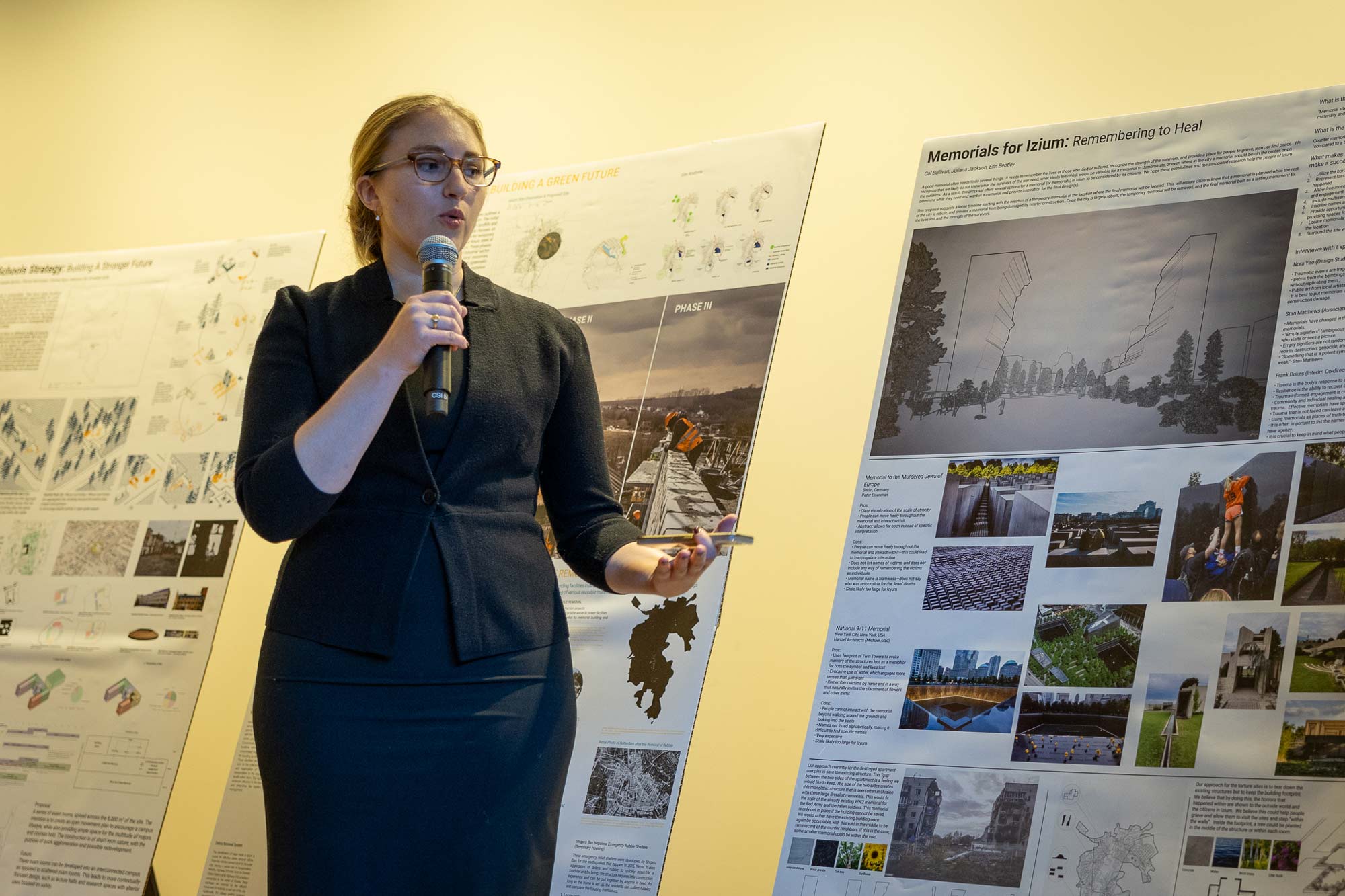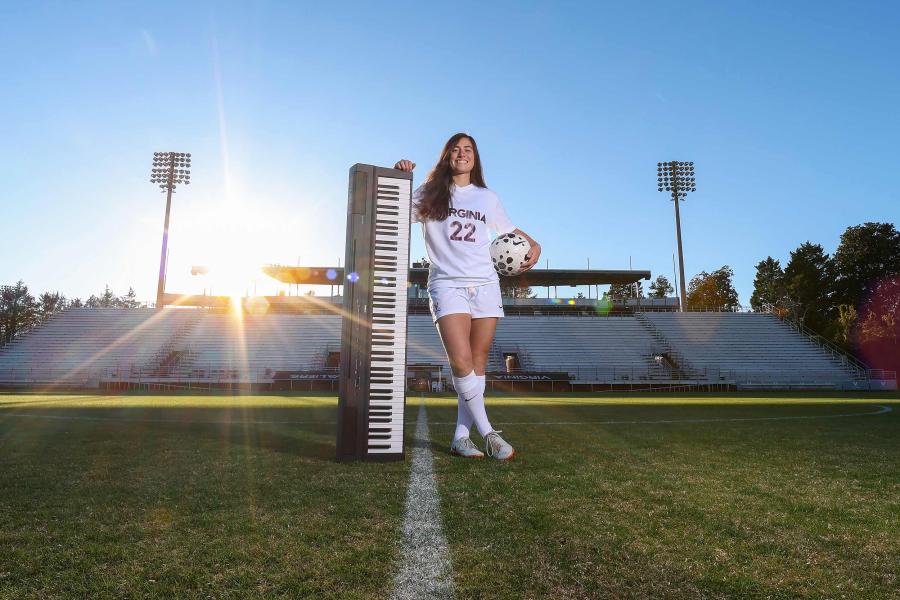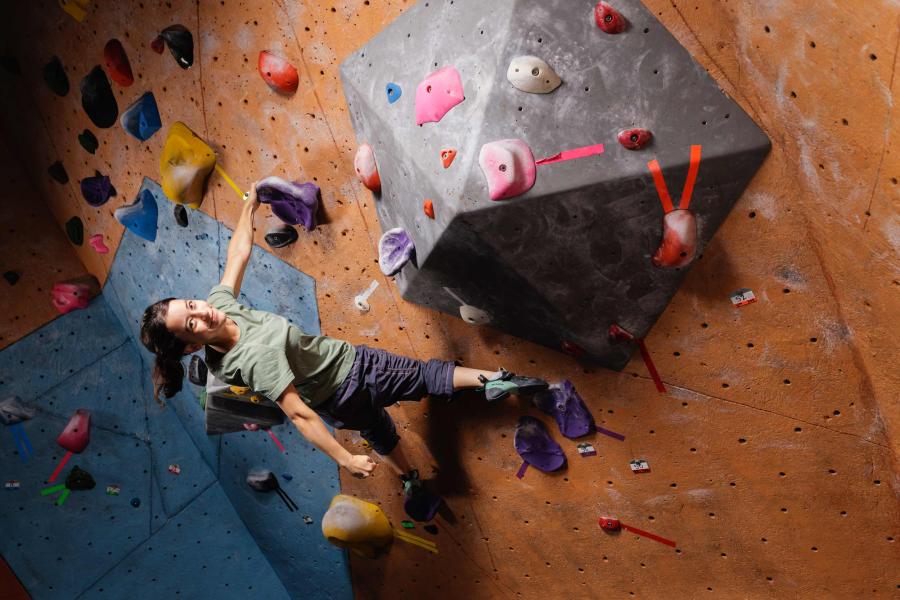With Markarova stood State department officials J.R. Littlejohn, acting assistant secretary of State in the Bureau of Oceans and International Environment and Scientific Affairs; former U.S. Ambassador to Ukraine, Geoffrey Pyatt, who now serves as assistant secretary of State for Energy Resources; and Dorothy McAuliffe, special representative of the Office of Global Partnerships. Staff from the embassy, State department and other government agencies also heard the students’ presentations.
“Going to D.C. and presenting was one of the most interesting and exciting things I have ever done,” third-year architecture student Sydney Sloat said. “From a full airport-like security check-in at the American Museum of Diplomacy to the address itself, it felt extremely important to be there among the famous to present.
“From my understanding, I believe they were impressed with our project and the work we were able to accomplish in the amount of time we had.”
Stephen Mull, UVA’s vice provost for global affairs and a former diplomat, helped make the presentation possible, Moomaw said.
“It was fantastic. There were alumni there, dignitaries from the State Department and staffers, and people from other Washington-area organizations,” she said. “The Ukrainian ambassador stayed the entire time. It was the opportunity that very, very few students, undergraduate or graduates, get – to present their work to high-level decision-makers.”
“I think the best, most interesting part of the experience was hearing from the Ukrainian ambassador and visiting the Ukrainian embassy after the visit,” Sloat said. “It was great to hear firsthand knowledge about Ukraine and how the people are doing currently.”
The semesterlong project came at the behest of the Diplomacy Lab, part of the State Department’s Office of Global Partnerships. The lab works with colleges and universities across the country and invited UVA’s Department of Urban and Environmental Planning to find ways to sustainably rebuild a war-torn Ukrainian community.
Students studied Izium, which lies alongside the Donets River in eastern Ukraine. Like UVA’s hometown of Charlottesville, a river runs through it, a major north-south traffic route divides it, it features UNESCO World Heritage Sites, and is home to about 50,000 people.
Unlike Charlottesville, war has devastated Izium, starting with an intense monthlong battle in March 2022 during which Russians captured the city, occupied it and used it as a base for further attacks in the country. Ukraine forces then battled throughout September 2022 to take it back.
In those six months, 80% of the city’s buildings and 70% of its services and infrastructure, including municipal buildings, utilities and roads, were damaged or destroyed. At least 1,000 people died, and thousands fled.
After Ukraine took back the city, officials found mass graves holding at least 440 bodies. They discovered 10 torture sites, including a medical clinic, a school, a kindergarten, the police station and the city office building.
UVA students studied the city’s past and its present to develop proposals for a sustainable future. At the reception, the six student teams had about five minutes each to explain each aspect of the phased plan.
“The ambassador also mentioned getting us in contact with the people of Izium and I am excited to hear their response to our work,” Sloat said. “For me, the most important part of the project was providing hope for the Ukrainian people through our designs. Hope for a safer and more sustainable future and a reminder that the United States stands with Ukraine.”
Moomaw added, “This is Thomas Jefferson’s university. We’re supposed to be preparing students to take on the major challenges of our generation and generations to come, and this was one step toward making that possible. They had to work together from different disciplines within the School of Architecture. They had to manage their own time and get the job done with limited resources, limited information and limited time. And they did it. They were excellent.”
Sloat said she hopes the student team’s work will not only help Izium, but perhaps influence U.S. foreign policy.
“If there is anything I have learned through this project, it is that war can be terrible, but we all have the ability to help through our own ways,” she said.
